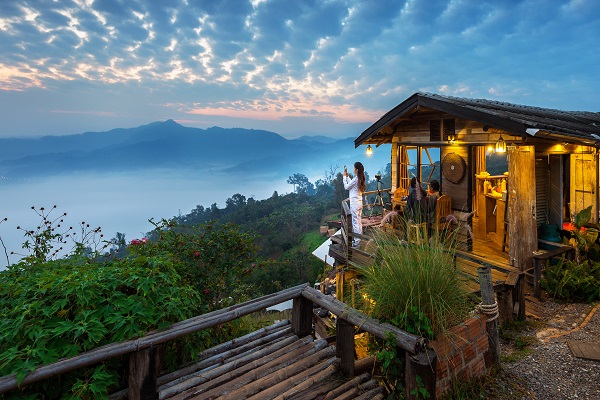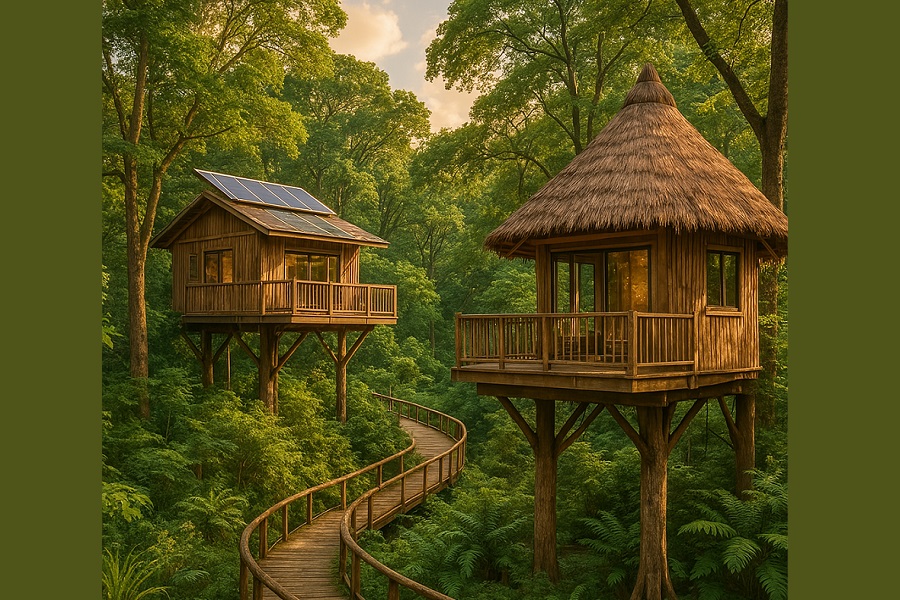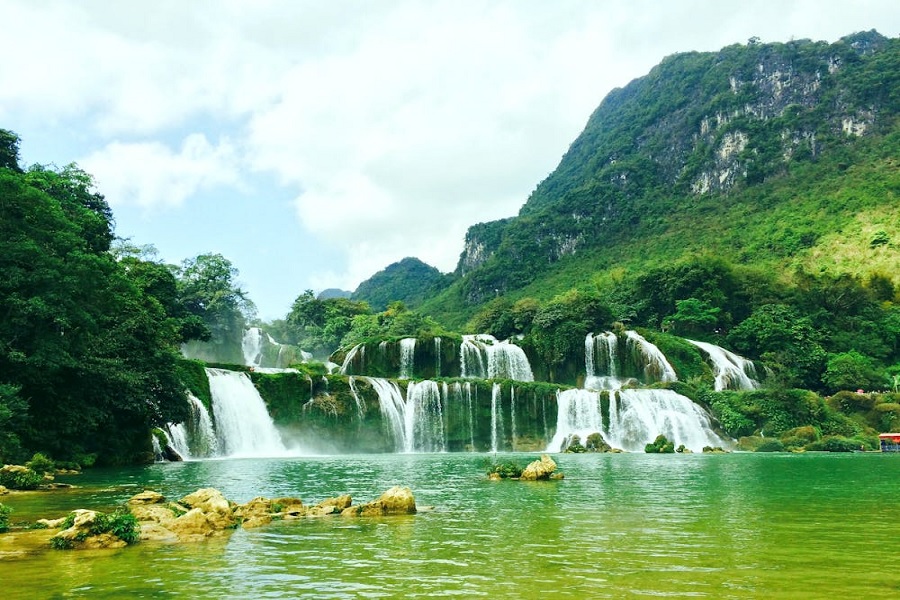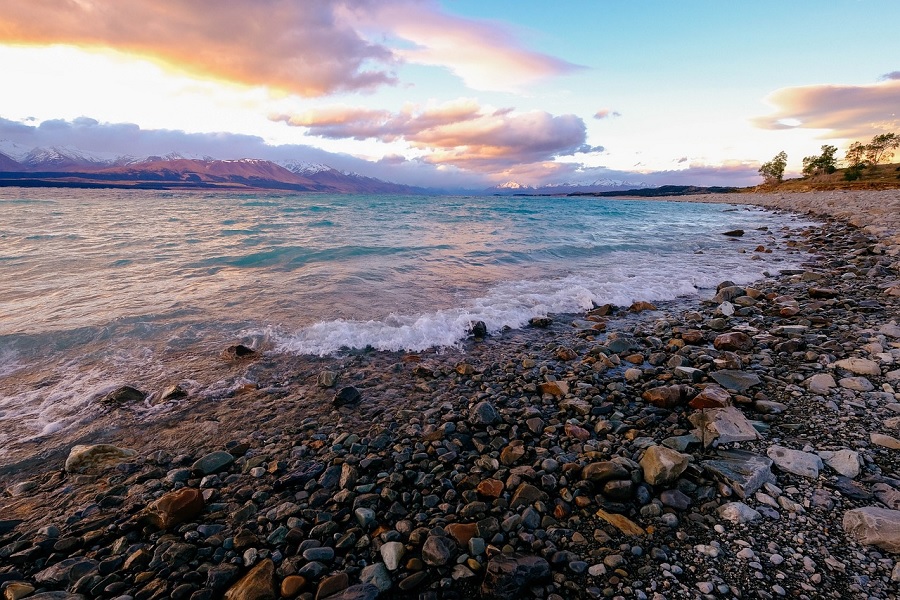The Role of Eco-Lodges in Promoting Green Hospitality: Where Comfort Meets Conservation

In the age of climate consciousness and sustainable living, the travel industry is undergoing a remarkable transformation—and at the heart of this shift lies the rise of eco-lodges. These unique accommodations aren’t just places to sleep—they are living examples of green hospitality, blending comfort with care for the planet.
What is an Eco-Lodge?
An eco-lodge is a form of environmentally responsible lodging designed to have a minimal impact on the natural surroundings. Unlike conventional hotels, eco-lodges are typically located in natural settings—forests, mountains, coastlines, or wildlife reserves—and operate with principles of sustainability, conservation, and community empowerment.
They incorporate eco-friendly architecture, use renewable energy sources, focus on waste reduction and recycling, and often rely on local materials and labor for construction and services. These establishments serve not only as a peaceful retreat for travelers but also as educational platforms that promote awareness about nature and conservation.
The Importance of Eco-Lodges in Sustainable Tourism
Eco-lodges play a vital role in promoting sustainable and responsible tourism. Here’s how:
1. Environmental Stewardship
Eco-lodges are often built using natural or recycled materials and are designed to blend with their surroundings. Solar panels, rainwater harvesting systems, composting toilets, and organic gardens are common features that help reduce their ecological footprint.
2. Conservation Support
Many eco-lodges operate in or near protected areas like national parks or biodiversity hotspots. A portion of their earnings often goes directly to wildlife conservation efforts and habitat restoration programs. By choosing to stay in such accommodations, travelers directly contribute to the protection of natural resources.
3. Community Empowerment
True eco-lodges involve and uplift local communities. They employ local staff, showcase local art and cuisine, and often organize cultural interactions and village tours. This provides travelers with authentic cultural experiences while giving local economies a sustainable boost.
4. Educational Value
Guests at eco-lodges are often introduced to the local ecology, wildlife, and sustainable practices through guided walks, workshops, and community interactions. This helps raise awareness and inspire more responsible behavior both during and after travel.
Notable Examples from Around the World
Sundarbans Jungle Camp, India: Located near the world’s largest mangrove forest, this eco-lodge supports tiger conservation and local communities.
Inkaterra Machu Picchu Pueblo Hotel, Peru: Known for its conservation research and organic produce, it contributes significantly to local biodiversity.
Chumbe Island Coral Park, Tanzania: A fully eco-friendly lodge that supports coral reef conservation and environmental education.
Challenges and the Way Forward
Despite their many benefits, eco-lodges also face challenges—high initial investment, limited infrastructure in remote areas, and the need for constant staff training in sustainability practices. However, with growing traveler awareness and government incentives, eco-lodges are steadily gaining popularity.
The future of travel lies in harmony with nature. As global citizens, choosing an eco-lodge isn’t just a travel decision—it’s a statement of values.
Tips for Travelers:
Research the lodge’s sustainability certifications (e.g., Green Globe, LEED, EarthCheck).
Ask how they support local conservation and communities.
Respect local customs and minimize your environmental impact during your stay.
Final Thoughts
Eco-lodges represent the soul of ecotourism. They redefine luxury—not as excess, but as mindful living, community harmony, and natural immersion. By choosing green hospitality, travelers don’t just see the world—they help save it.























